Description
ISBN: 9798675163335
Purple Cloud Press
Jngyu Qunsh (Complete Compendium of Zhng Jngyu) is the culmination of the life work by the great Mng dynasty master, Zhng Jngyu (1563-1640 CE), an influential commentator of the Inner Canon, a vocal medical critic at his time, and a prominent figure of the Mngmn (Life Gate) School of Thought.
This translation covers the first three volumes of Zhng Jngyus monumental work and provides his core doctrines and teachings, including the eight principles pattern identification, the ten diagnostic inquiries, the distinction between earlier and later heavens, and the Mngmn theory. In addition to these fundamental theories, it also presents topics such as practitioner-patient relationship, as well as his criticisms for the medical practice at his time. All of which have been highly influential to the historical development of Chinese medicine and continue to be relevant in todays clinical practice.These three volumes have been meticulously translated and annotated with comprehensive cultural references and context.
This is the first instalment of Purple Cloud Press Zhng Jngyu series, which aims to bring to non-Chinese readers one of the brightest minds in the history of Chinese medicine. Here are classic writings that are essential reading for those who take Chinese medicine study seriously, namely the first chapters of the Ming dynasty classic the Jingyue Quanshu. Author Zhang Jing-yue was medically-trained in his youth but followed a career as a military general before returning to medicine in later life.
Zhang advocates a systematic and penetrating style that cuts through the complexities inherent in medical practice, we can learn from source his Eight Battle Plans (eight methods of treatment), his understanding of the Eight Principles (Ba Gang) and his Ten Questions approach to asking diagnosis. Zhangs lucid re-evaluation of Chinas complex medical tradition helped set the tone for our modern practice and, as you will see, what Zhang says resonates well with us today
‘When I learned, a while ago, that Allen was working on this project I was super impressed. Many years ago I have tried to form a group of people to tackle this enormous piece of medical literature. Never took off and I never thought I could do it by myself given my slow way of working on translation and annotations. This is going to be a great addition to our English-language library in CM!’
– Nicolaas Herman Oving. Author of Correcting the Errors in the Forest of Medicine
‘Here are classic writings that are essential reading for those who take Chinese medicine study seriously, namely the first chapters of the Ming dynasty classic the Jingyue Quanshu. Author Zhang Jing-yue was medically-trained in his youth but followed a career as a military general before returning to medicine in later life. Zhang advocates a systematic and penetrating style that cuts through the complexities inherent in medical practice, we can learn from source his Eight Battle Plans (eight methods of treatment), his understanding of the Eight Principles (Ba Gang) and his Ten Questions approach to asking diagnosis. Zhang’s lucid re-evaluation of China’s complex medical tradition helped set the tone for our modern practice and, as you will see, what Zhang says resonates well with us today. Allen Tsaur’s translation style is readable, refreshing and insightful, giving us a clear sense of Zhang’s discourse as well as his critical and acerbic voice.’
– Charles Buck Author of Acupuncture and Chinese Medicine – Roots of Modern Practice
‘In order to truly excel in this medicine we must study and learn from our medical ancestors before us. Reading material left to us by great masters is a true gift and one of these is the Ming Dynasty monumental and enormous body of work, the Jǐngyuè Quánshū 景岳全書 (Complete Compendium of Zhāng Jǐngyuè) By Zhāng Jǐngyuè (1563-1640). Jing Yue was often referred to as Shu Di Zhang for his love of using Processed Rehmannia root. However by scouring through his works, one finds that his style was far more eclectic and flexible as opposed to being bound by routine, which can on occasion turn practitioners away from engaging with certain writers and their material.
Allen Tsaur has so generously and beautifully translated and presented this material to the west for the first time, which contains the first three volumes of Zhāng’s sixty-four-volume work. As anyone that has ventured and attempted to read this material let alone translate it, should know it is no easy task, so for this Allen should be greatly commended. By reading Allen’s excellent translation and rendition, one is able to get into the mind of Zhang and have a clear understanding in his approach to the various conditions and theories tackled in this great work. If a practitioners main objective is to be armed with as much practical knowledge to alleviate the ails of their patients, then I urge you to read and then re-read the Jǐngyuè Quánshū so generously brought to the west by Allen Tsaur.’
– Eran Even, Ph.D. Author of Formulas from the Golden Cabinet with Songs Vol. IV-VI
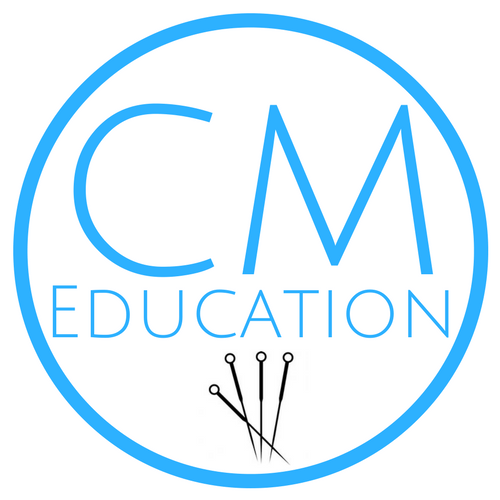
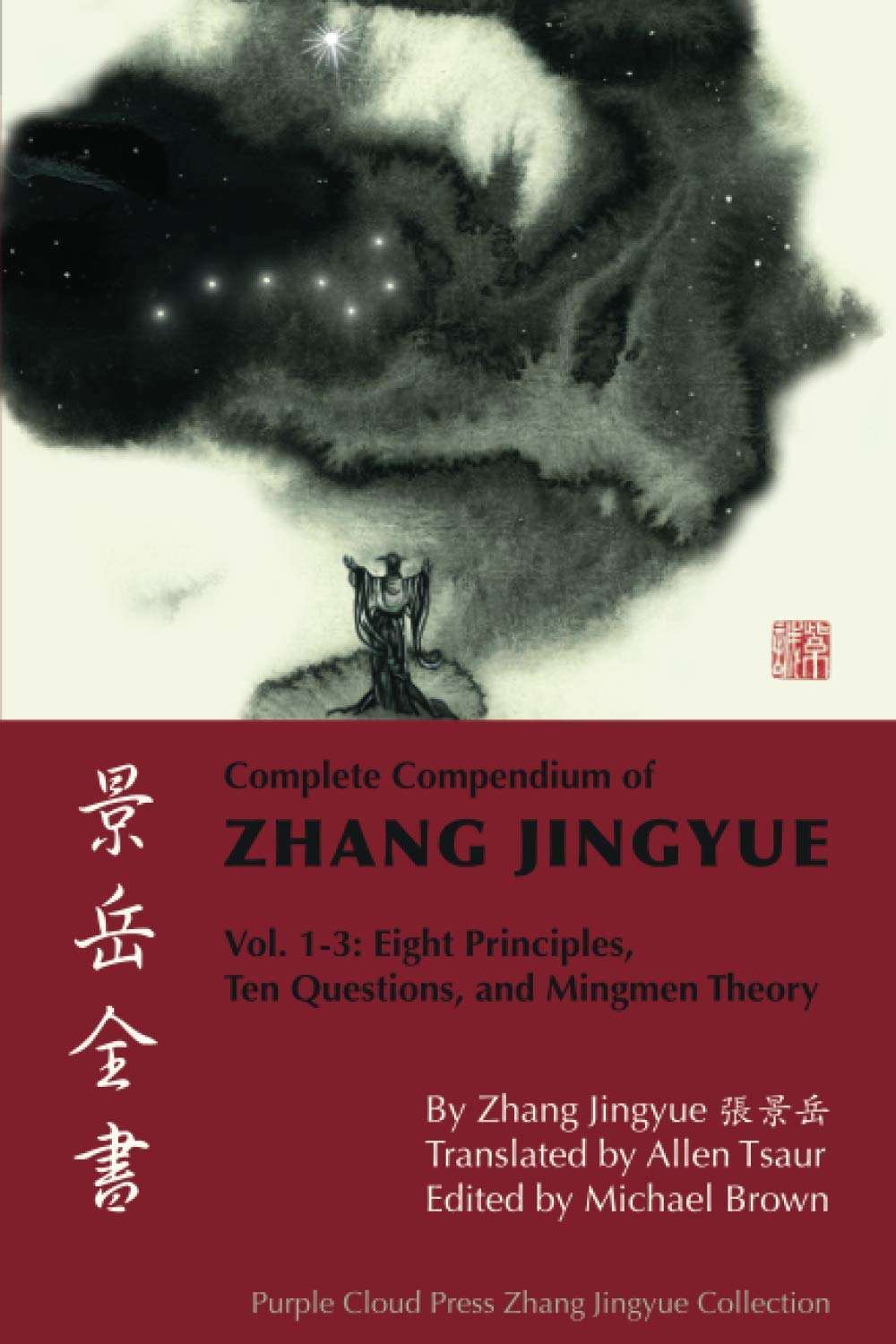
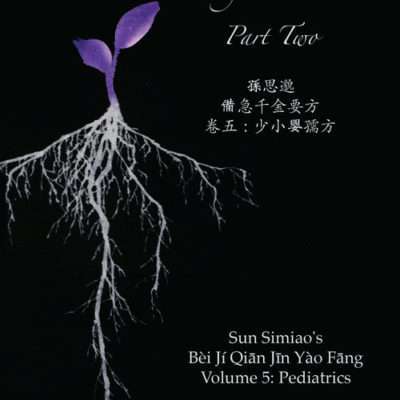
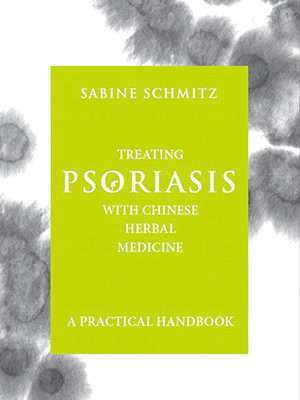
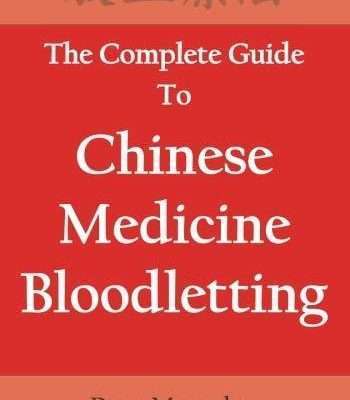
Reviews
There are no reviews yet.